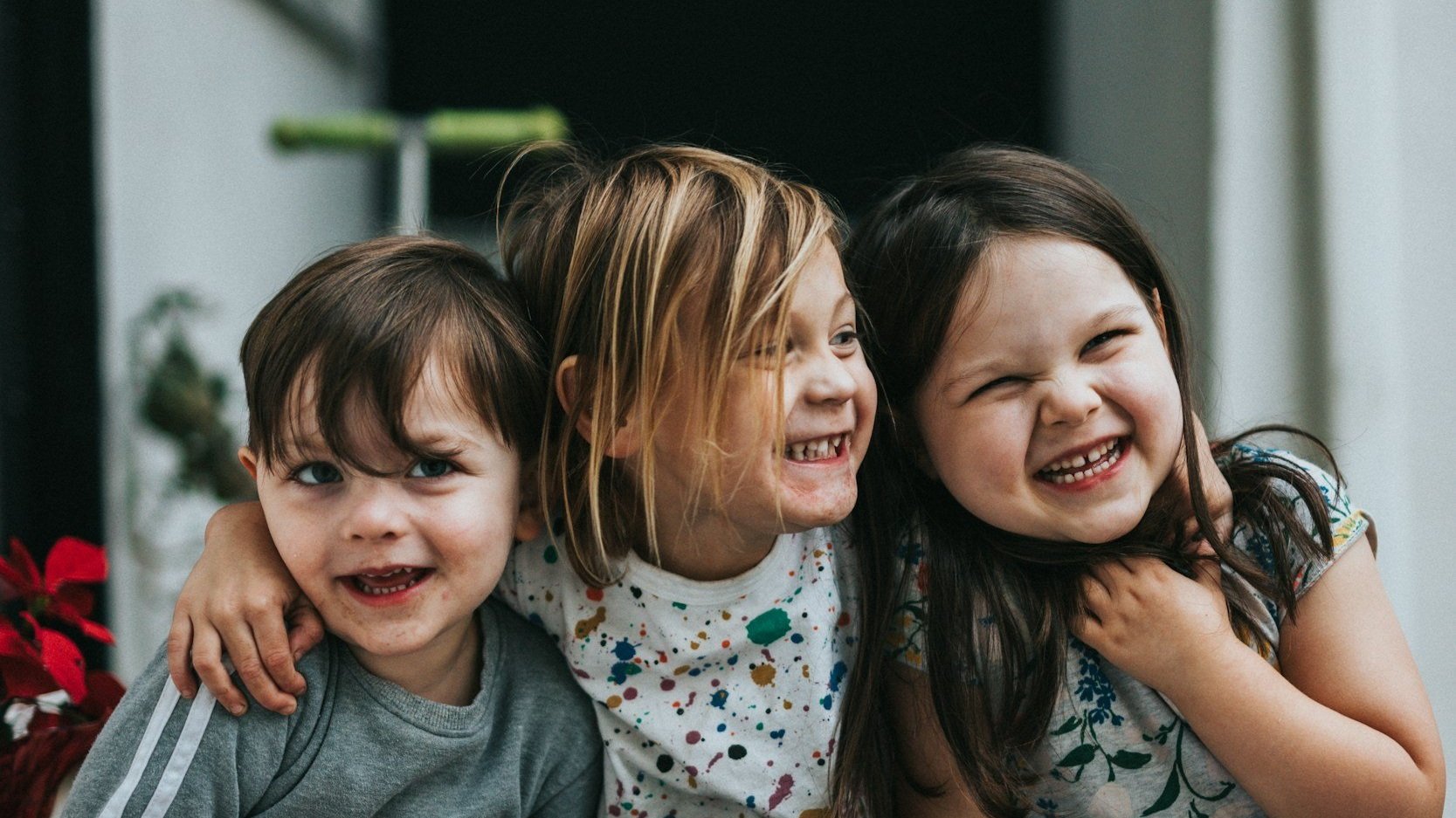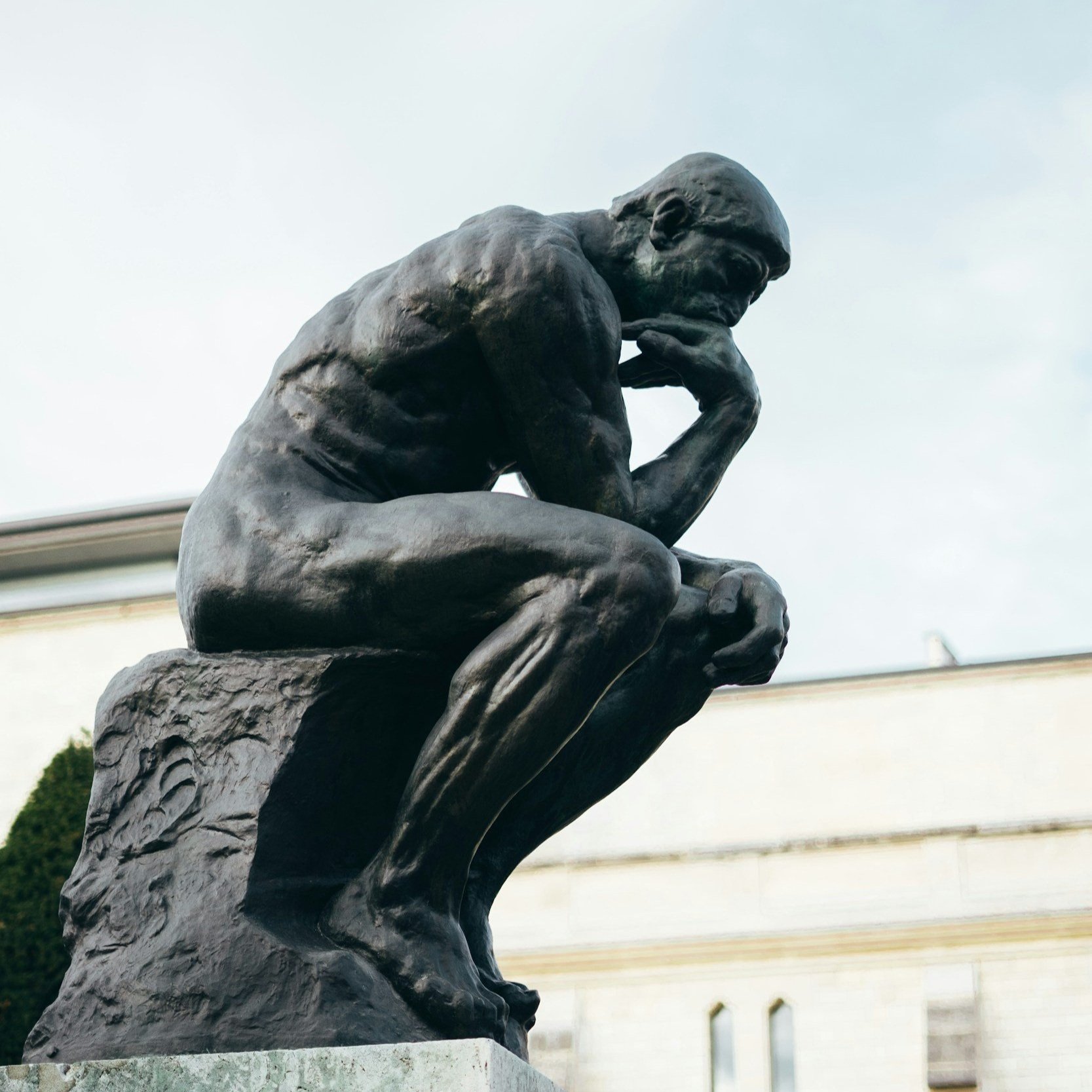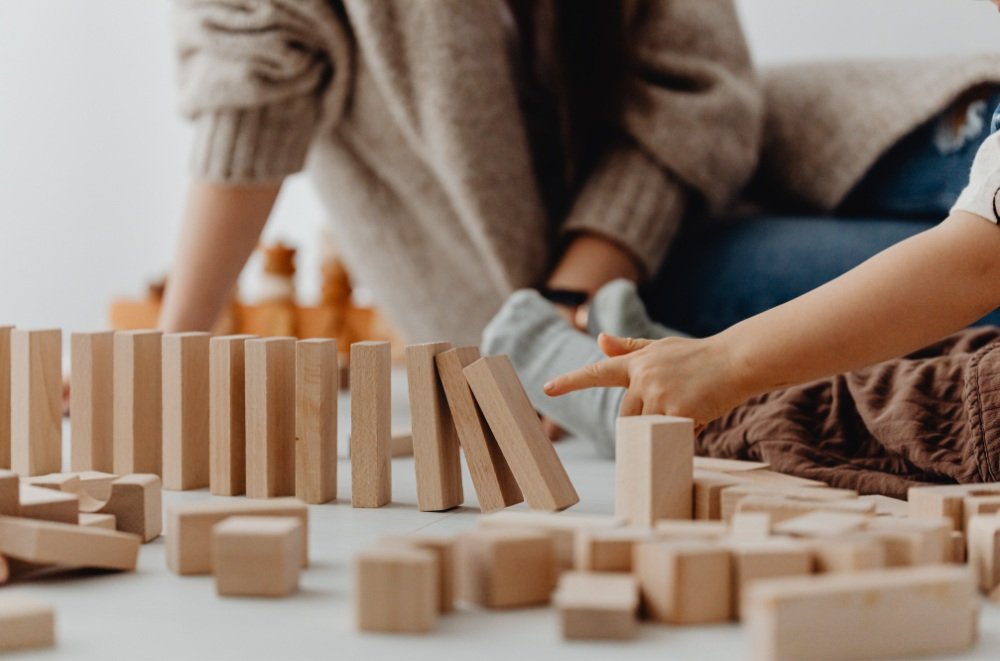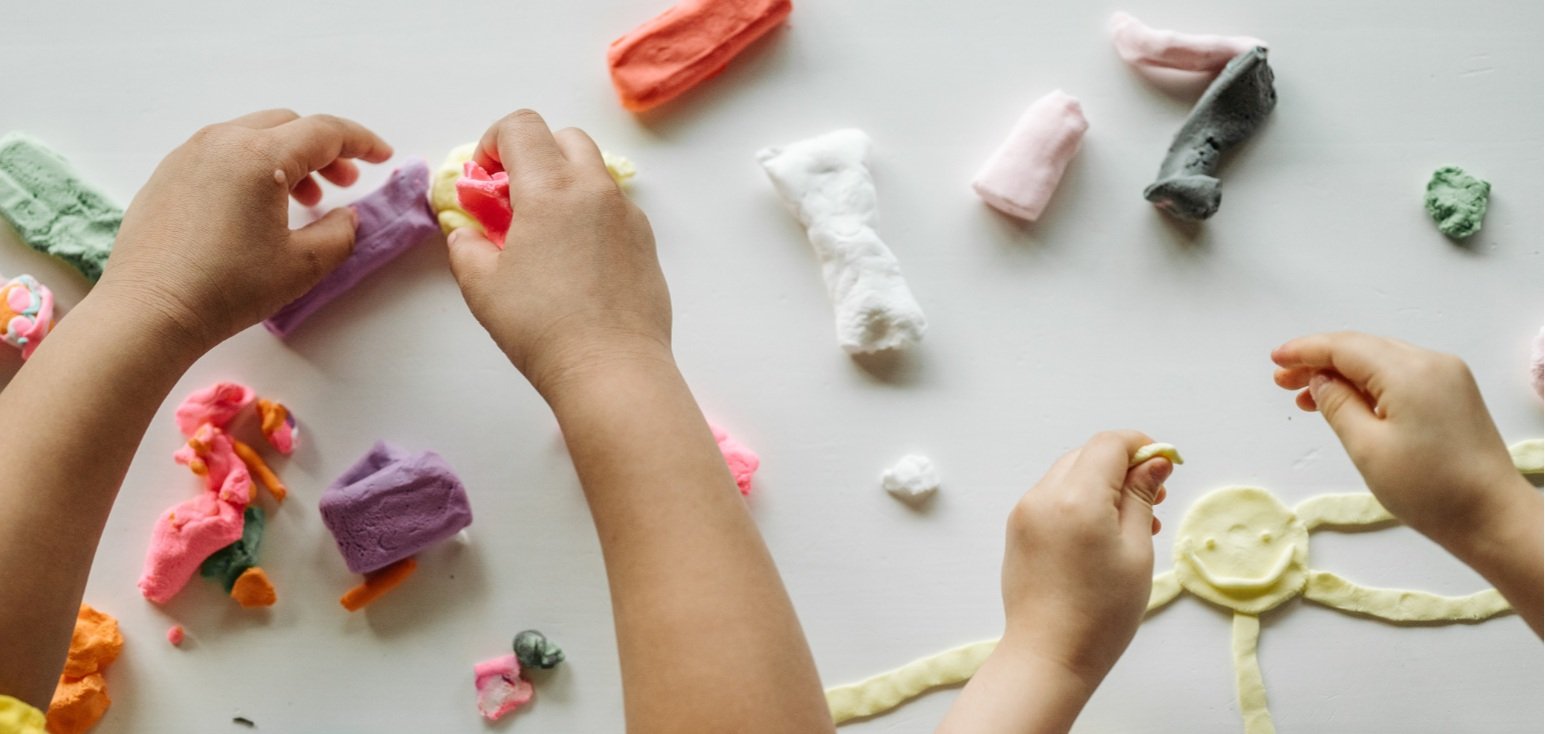
Pediatric Mental Health Blog
© 2025 COPYRIGHT NOTICE: All original resources, content, and materials produced and displayed on this website are the intellectual property of Child Therapy Guide. These resources are protected by copyright laws and are intended for personal, non-commercial use. Unauthorized reproduction, distribution, or any other unauthorized use of the content without explicit permission from Child Therapy Guide is strictly prohibited. Users are encouraged to enjoy and utilize the resources responsibly, respecting the copyright and intellectual property rights associated with the content. For any inquiries or requests regarding the use of our materials, please contact us through our contact form.

5 Scavenger Hunts for Kids
A good scavenger hunt inspires exploration of the environment while honing observation skills. Encourage movement, spark curiosity, and practice mindfulness with our FREE PRINTABLE SCAVENGER HUNTS.

The Statue Game
Practicing mindful movement and skilled attention can help kids manage impulsive behaviors. Most kids struggle with some degree of impulsivity, but kids with ADHD may particularly benefit from games that exercise self-control.
Read on to learn how to play The Statue Game!

Play Therapy: Cooperative Play
Cooperative play is a form of play that requires working together towards a common goal. It often involves teamwork, communication, and problem-solving skills. This type of play encourages collaboration and helps kids develop social skills as they learn to negotiate roles, share ideas, and support one another through collective effort.
In play therapy, the act of working together in a safe environment allows children to develop a sense of belonging and confidence, which can enhance emotional resilience and overall well-being.

Therapeutic Activities with Play-Doh
Modeling dough (like Play-Doh) can be used as a tactile sensory tool for exploring therapeutic concepts with kids. Read on for 5 of our favorite dough activities to help kids relieve stress, exercise emotional literacy, practice coping skills, and resolve conflict.

Bibliotherapy for Anxiety
One of the best ways to tame childhood anxiety is to demystify it. Explore the feelings, triggers, behaviors, and outcomes of anxiety through targeted story books and conversation, or bibliotherapy. Learn more and explore our recommended children’s books about anxiety.

Early Childhood Education Philosophies
There are lot’s of ways to “do” early childhood education. Learn about 5 common preschool philosophies: Montessori, Reggio Emilia, Waldorf, Play-Based, and Forest. The best predictor of social and academic achievement is confidence, so regardless of philosophy-specific approaches to academics, find a program where your kid will be comfortable and supported!
